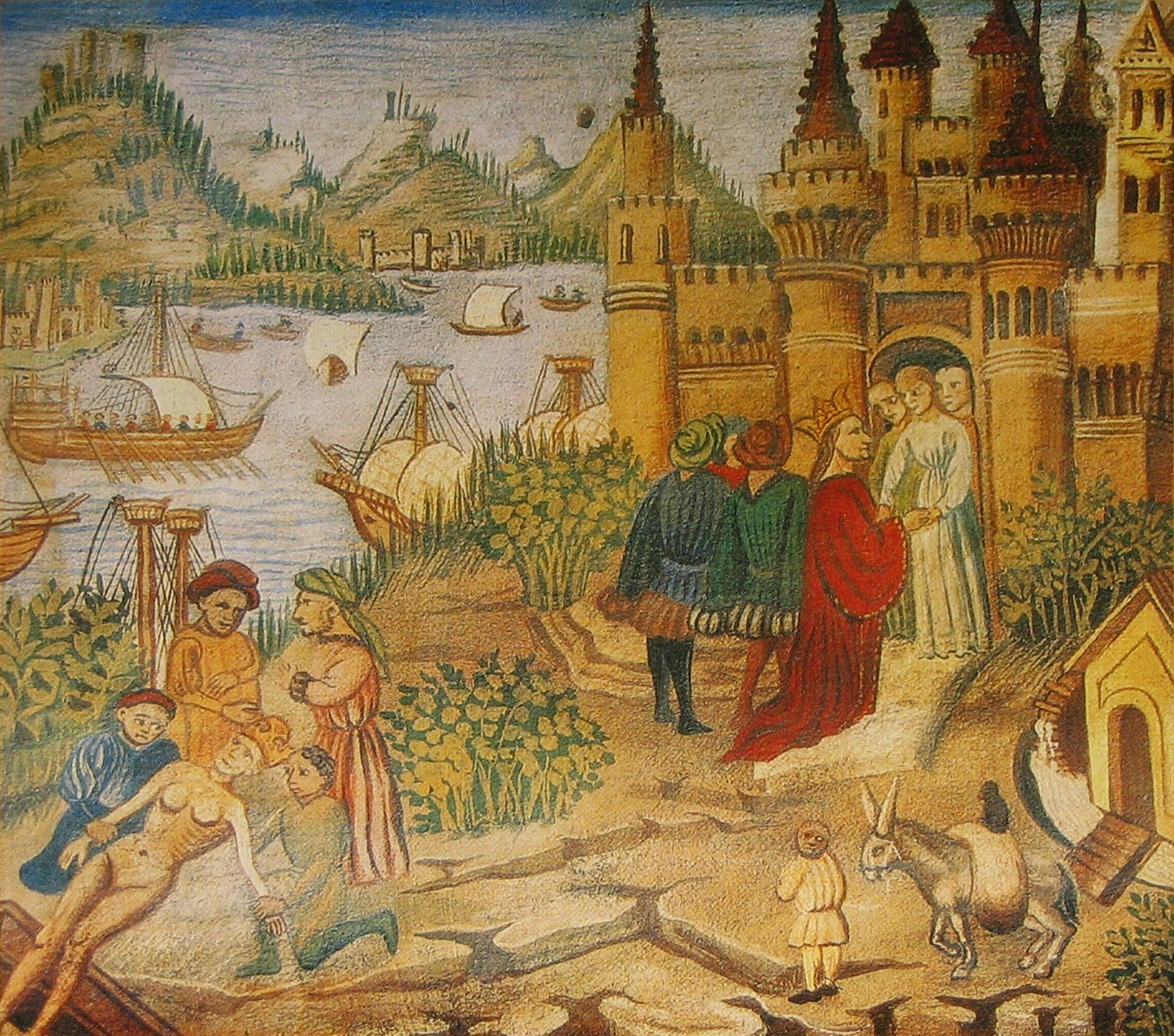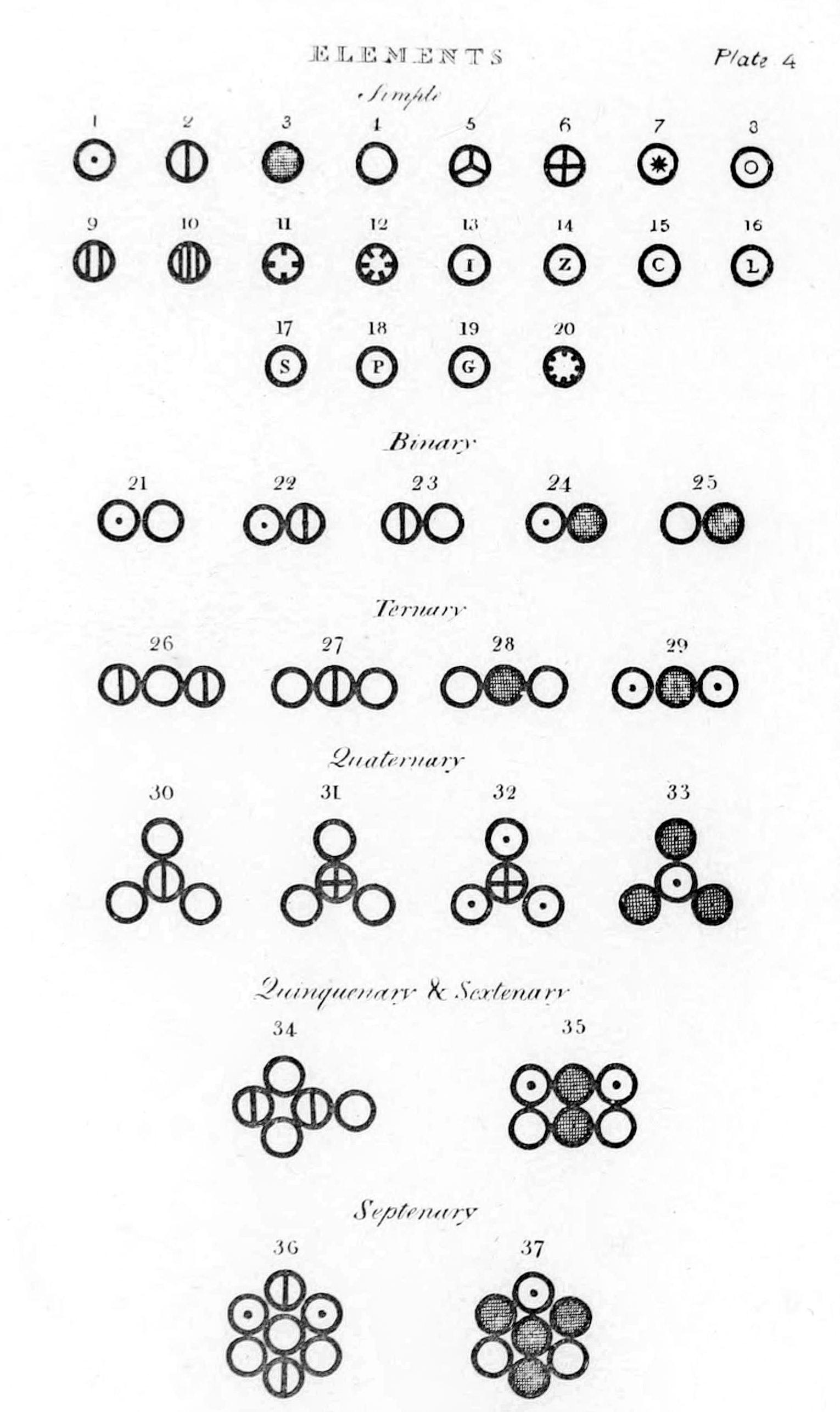|
Magister Salernus
Magister Salernus (died 1167) was a medieval alchemist from the School of Salerno who provided one of the first recipes for the fractional distillation of alcohol. He was one of the supposed founders of the Salerno School, along with the Jewish Helinus, the Greek Pontus, and the Arab Adela. References See also * Timeline of chemistry Year of birth unknown 1167 deaths 12th-century alchemists Italian alchemists {{Italy-scientist-stub ... [...More Info...] [...Related Items...] OR: [Wikipedia] [Google] [Baidu] |
School Of Salerno
The Schola Medica Salernitana ( it, Scuola Medica Salernitana) was a Medieval medical school, the first and most important of its kind. Situated on the Tyrrhenian Sea in the south Italian city of Salerno, it was founded in the 9th century and rose to prominence in the 10th century, becoming the most important source of medical knowledge in Western Europe at the time. Arabic medical treatises, both those that were translations of Greek texts and those that were originally written in Arabic, had accumulated in the library of Montecassino, where they were translated into Latin; thus the received lore of Hippocrates, Galen and Dioscorides was supplemented and invigorated by Arabic medical practice, known from contacts with Sicily and North Africa. As a result, the medical practitioners of Salerno, both men and women, were unrivaled in the medieval Western Mediterranean for practical concerns. Overview Founded in the 9th century, the school was originally based in the dispensary o ... [...More Info...] [...Related Items...] OR: [Wikipedia] [Google] [Baidu] |
Fractional Distillation
Fractional distillation is the separation of a mixture into its component parts, or fractions. Chemical compounds are separated by heating them to a temperature at which one or more fractions of the mixture will vaporize. It uses distillation to fractionate. Generally the component parts have boiling points that differ by less than 25 °C (45 °F) from each other under a pressure of one atmosphere. If the difference in boiling points is greater than 25 °C, a simple distillation is typically used. It is used to refine crude oil. Laboratory setup Fractional distillation in a laboratory makes use of common laboratory glassware and apparatuses, typically including a Bunsen burner, a round-bottomed flask and a condenser, as well as the single-purpose fractionating column. As an example, consider the distillation of a mixture of water and ethanol. Ethanol boils at while water boils at . So, by heating the mixture, the most volatile component (ethanol) will concen ... [...More Info...] [...Related Items...] OR: [Wikipedia] [Google] [Baidu] |
Timeline Of Chemistry
This timeline of chemistry lists important works, discoveries, ideas, inventions, and experiments that significantly changed humanity's understanding of the modern science known as chemistry, defined as the scientific study of the composition of matter and of its interactions. Known as "the central science", the study of chemistry is strongly influenced by, and exerts a strong influence on, many other scientific and technological fields. Many historical developments that are considered to have had a significant impact upon our modern understanding of chemistry are also considered to have been key discoveries in such fields as physics, biology, astronomy, geology, and materials science. Pre-17th century Prior to the acceptance of the scientific method and its application to the field of chemistry, it is somewhat controversial to consider many of the people listed below as "chemists" in the modern sense of the word. However, the ideas of certain great thinkers, either for the ... [...More Info...] [...Related Items...] OR: [Wikipedia] [Google] [Baidu] |
Year Of Birth Unknown
A year or annus is the orbital period of a planetary body, for example, the Earth, moving in its orbit around the Sun. Due to the Earth's axial tilt, the course of a year sees the passing of the seasons, marked by change in weather, the hours of daylight, and, consequently, vegetation and soil fertility. In temperate and subpolar regions around the planet, four seasons are generally recognized: spring, summer, autumn and winter. In tropical and subtropical regions, several geographical sectors do not present defined seasons; but in the seasonal tropics, the annual wet and dry seasons are recognized and tracked. A calendar year is an approximation of the number of days of the Earth's orbital period, as counted in a given calendar. The Gregorian calendar, or modern calendar, presents its calendar year to be either a common year of 365 days or a leap year of 366 days, as do the Julian calendars. For the Gregorian calendar, the average length of the calendar year ( ... [...More Info...] [...Related Items...] OR: [Wikipedia] [Google] [Baidu] |
1167 Deaths
Year 1167 ( MCLXVII) was a common year starting on Sunday (link will display the full calendar) of the Julian calendar. Events By place Europe * April 7 – Oath of Pontida: Supported by Pope Alexander III, the Lombard League is founded, a military alliance between the municipalities of Milan, Lodi, Ferrara, Piacenza and Parma, against the German invading forces of Emperor Frederick I (Barbarossa) in Northern Italy. The League (with other Italian cities) openly challenges Frederick's claim to power (''Honor Imperii''). * April 12 – King Charles VII (Sverkersson) is murdered at Visingsö by supporters of Canute I (son of Eric IX), who proclaims himself king of Sweden. However, Charles's half-brothers Boleslaw and Kol Sverkerson proclaim themselves rulers of Östergötland, in opposition to Canute, which leads to fights for the power in Sweden (until 1173). * May 29 – Battle of Monte Porzio: The army of the Commune of Rome is defeated by Germa ... [...More Info...] [...Related Items...] OR: [Wikipedia] [Google] [Baidu] |
12th-century Alchemists
1 (one, unit, unity) is a number representing a single or the only entity. 1 is also a numerical digit and represents a single unit of counting or measurement. For example, a line segment of ''unit length'' is a line segment of length 1. In conventions of sign where zero is considered neither positive nor negative, 1 is the first and smallest positive integer. It is also sometimes considered the first of the infinite sequence of natural numbers, followed by 2, although by other definitions 1 is the second natural number, following 0. The fundamental mathematical property of 1 is to be a multiplicative identity, meaning that any number multiplied by 1 equals the same number. Most if not all properties of 1 can be deduced from this. In advanced mathematics, a multiplicative identity is often denoted 1, even if it is not a number. 1 is by convention not considered a prime number; this was not universally accepted until the mid-20th century. Additionally, 1 is ... [...More Info...] [...Related Items...] OR: [Wikipedia] [Google] [Baidu] |



